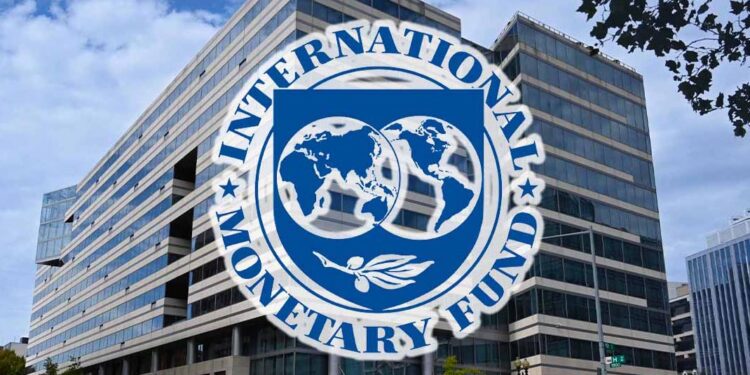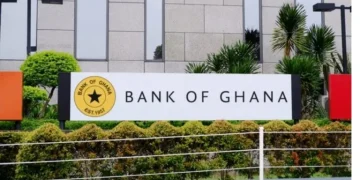IMF Mission Concludes Visit to Zambia, Commends Economic Resilience and Reform Progress
The International Monetary Fund (IMF) has commended Zambia’s continued economic resilience and progress on structural reforms under its Extended Credit Facility (ECF)-supported programme, following a mission visit to Lusaka from October 22 to November 4, 2025.
The mission, led by Ms. Mercedes Vera Martin, held discussions with Zambian authorities on recent economic developments, policy priorities, and next steps toward sustaining macroeconomic stability and inclusive growth.
In a statement at the end of the visit, Ms. Vera Martin said the IMF team held “constructive and productive discussions” with the authorities, adding that “discussions will continue in the coming days from Washington, D.C.”
Economic Developments
The IMF noted that the Zambian economy has remained resilient despite the impact of last year’s drought, with real GDP growth reaching 3.8 percent in 2024 and 4.5 percent in the first half of 2025. The strong performance, the Fund said, was supported by record-high maize output and increased mining production.
Growth is projected at 5.2 percent in 2025 and 5.8 percent in 2026, with the Fund cautioning that limited hydropower generation and intermittent load management could continue to weigh on non-mining sectors.
Inflationary pressures have eased, reflecting lower food and fuel prices, an appreciating exchange rate, and the effects of tight monetary policy. Preliminary data also indicate a current account deficit of 2.0 percent of GDP in the first half of 2025, driven by reduced official grants and a broad-based rise in imports.
Liquidity conditions, however, have improved, while investor appetite for government securities remains strong, supported by robust private sector credit to agriculture, manufacturing, and energy.
Reform and Fiscal Policy Measures
According to the IMF, implementation of the ECF-supported programme has advanced steadily, though challenges remain. The Zambian authorities are moving ahead with legislative reforms aimed at strengthening financial sector supervision, governance of state-owned enterprises, and anti-corruption frameworks.
The mission also discussed ongoing reforms to enhance competition and private sector participation in agriculture, alongside efforts to operationalize the open-access framework for the Tazama pipeline.
Fiscal consolidation, the Fund emphasized, remains central to government efforts to preserve macroeconomic stability. “Sustaining this momentum will be key to anchoring confidence, rebuilding buffers, and ensuring that the benefits of renewed stability reach all Zambians,” Ms. Vera Martin stated.
Engagements
During the mission, the IMF team held meetings with the Minister of Finance and National Planning, Dr. Situmbeko Musokotwane; Governor of the Bank of Zambia, Dr. Denny Kalyalya; Secretary to the Treasury, Mr. Felix Nkulukusa; and Deputy Governor, Dr. Francis Chipimo. The team also met representatives from the private sector, civil society, and development partners.
The IMF mission expressed appreciation to the Zambian authorities for their cooperation and reaffirmed its commitment to supporting the country’s reform and recovery efforts under the ECF arrangement.








